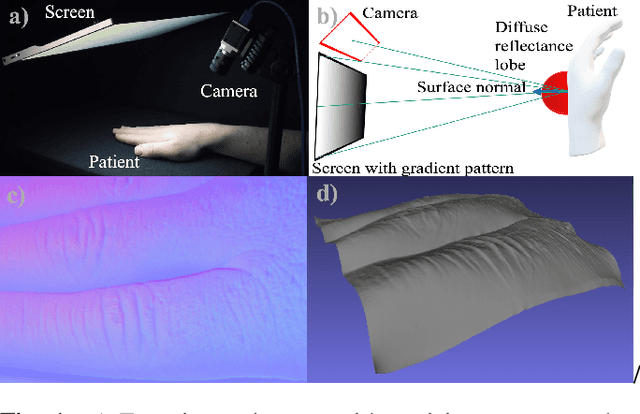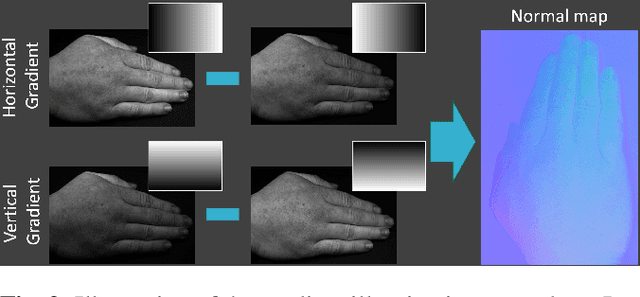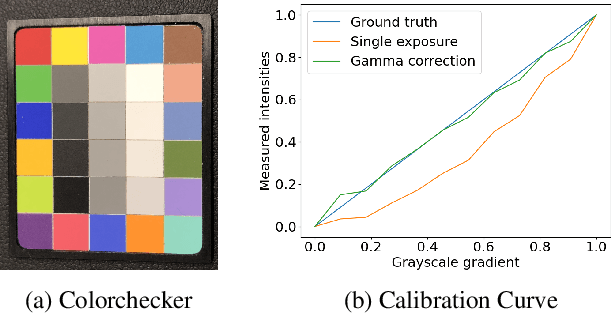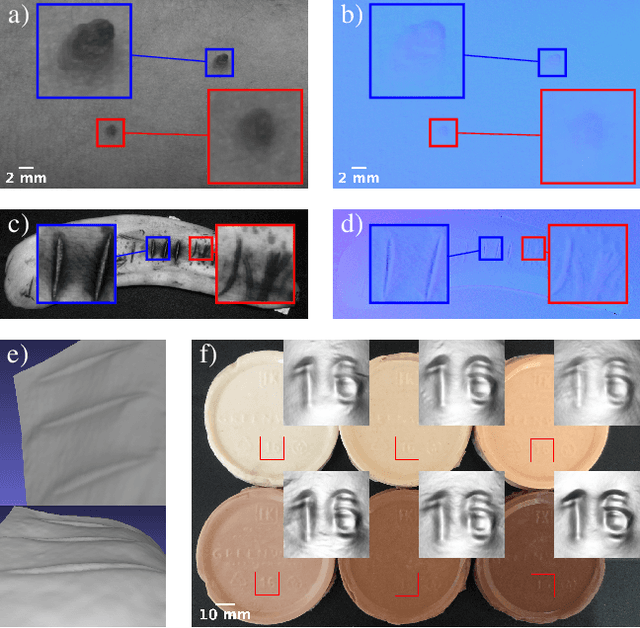Merlin A. Nau
Quantum Annealing Feature Selection on Light-weight Medical Image Datasets
Feb 26, 2025Abstract:We investigate the use of quantum computing algorithms on real quantum hardware to tackle the computationally intensive task of feature selection for light-weight medical image datasets. Feature selection is often formulated as a k of n selection problem, where the complexity grows binomially with increasing k and n. As problem sizes grow, classical approaches struggle to scale efficiently. Quantum computers, particularly quantum annealers, are well-suited for such problems, offering potential advantages in specific formulations. We present a method to solve larger feature selection instances than previously presented on commercial quantum annealers. Our approach combines a linear Ising penalty mechanism with subsampling and thresholding techniques to enhance scalability. The method is tested in a toy problem where feature selection identifies pixel masks used to reconstruct small-scale medical images. The results indicate that quantum annealing-based feature selection is effective for this simplified use case, demonstrating its potential in high-dimensional optimization tasks. However, its applicability to broader, real-world problems remains uncertain, given the current limitations of quantum computing hardware.
Hybrid adiabatic quantum computing for tomographic image reconstruction -- opportunities and limitations
Dec 02, 2022



Abstract:Our goal is to reconstruct tomographic images with few measurements and a low signal-to-noise ratio. In clinical imaging, this helps to improve patient comfort and reduce radiation exposure. As quantum computing advances, we propose to use an adiabatic quantum computer and associated hybrid methods to solve the reconstruction problem. Tomographic reconstruction is an ill-posed inverse problem. We test our reconstruction technique for image size, noise content, and underdetermination of the measured projection data. We then present the reconstructed binary and integer-valued images of up to 32 by 32 pixels. The demonstrated method competes with traditional reconstruction algorithms and is superior in terms of robustness to noise and reconstructions from few projections. We postulate that hybrid quantum computing will soon reach maturity for real applications in tomographic reconstruction. Finally, we point out the current limitations regarding the problem size and interpretability of the algorithm.
SkinScan: Low-Cost 3D-Scanning for Dermatologic Diagnosis and Documentation
Jan 31, 2021



Abstract:The utilization of computational photography becomes increasingly essential in the medical field. Today, imaging techniques for dermatology range from two-dimensional (2D) color imagery with a mobile device to professional clinical imaging systems measuring additional detailed three-dimensional (3D) data. The latter are commonly expensive and not accessible to a broad audience. In this work, we propose a novel system and software framework that relies only on low-cost (and even mobile) commodity devices present in every household to measure detailed 3D information of the human skin with a 3D-gradient-illumination-based method. We believe that our system has great potential for early-stage diagnosis and monitoring of skin diseases, especially in vastly populated or underdeveloped areas.
 Add to Chrome
Add to Chrome Add to Firefox
Add to Firefox Add to Edge
Add to Edge